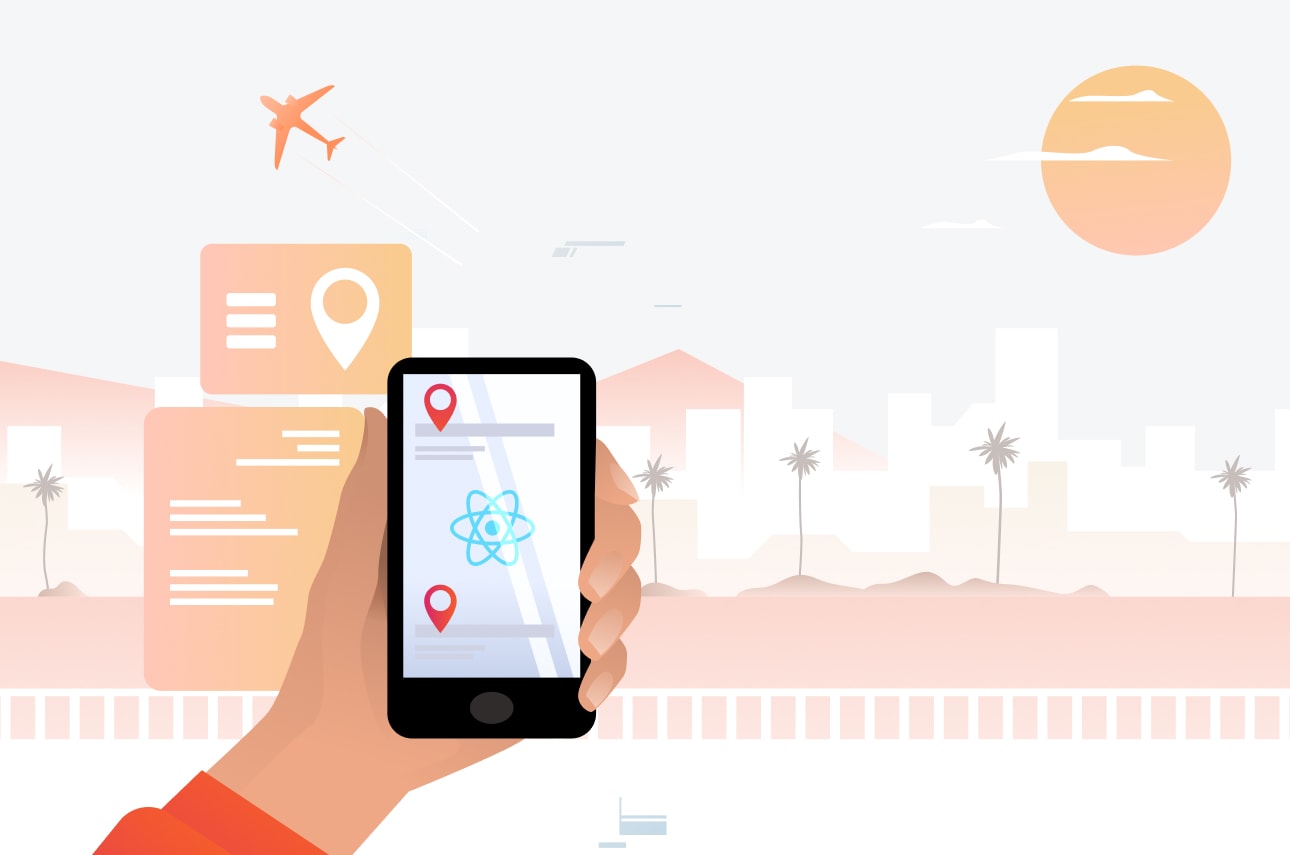Introduction
In 2022, the world witnessed a significant reopening as travel restrictions eased. After an extended period of staying at home, people eagerly embraced the opportunity to venture beyond their familiar surroundings. This year marked a long-awaited return to travel, with individuals embarking on journeys by air, sea, rail, and road, embracing both beloved destinations and exciting new locations on their bucket lists. The year 2022 became synonymous with exploration and discovery as we satisfied our wanderlust like never before.
And with advancements in technology, changing travel trends, and a renewed focus on sustainable tourism, the year 2023 promises to be an extraordinary time for the travel and tourism industry.
According to Statista, the travel and tourism market is projected to reach about $854.80 bn by the end of this year! That being said, if you are the owner of a travel agency or you are willing to enter the travel and tourism market, it is high time you invest in a travel mobile app!
If you are thinking of developing an app for both native iOS and Android platforms, the most popular cross-platform to select would be React Native app development services.








